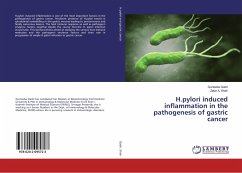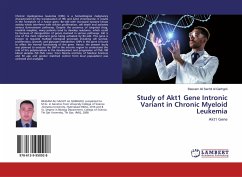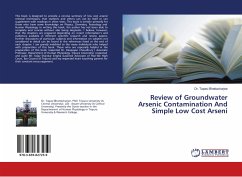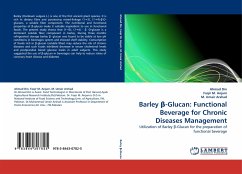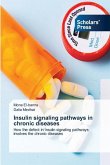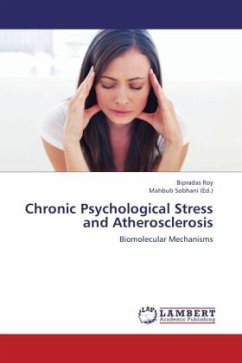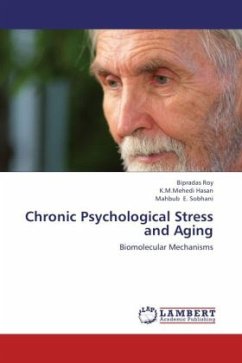Inflammation, the primary defense response of the body upon encounter with infection, irritation, or injury involves a cascade of events. Pro-inflammatory molecules like arachidonate metabolites, TNF- , and IL-1beta play a vital role during inflammation. However, the non-resolution of pro-inflammatory molecules results in a chronic state of inflammation, which is manifested in a number of pathological conditions including cancer. Hence, regulating the production of pro-inflammatory molecules has been identified as potential therapeutic targets for the control of chronic inflammatory conditions. Although a large number of molecules are identified to be developed as drugs, the success rate for clinical development is very low. Hence, the identification of lead molecules from medicinal plants for the development of drugs, as they provide a wide spectrum of components with synergistic effects, becomes important.
Bitte wählen Sie Ihr Anliegen aus.
Rechnungen
Retourenschein anfordern
Bestellstatus
Storno


